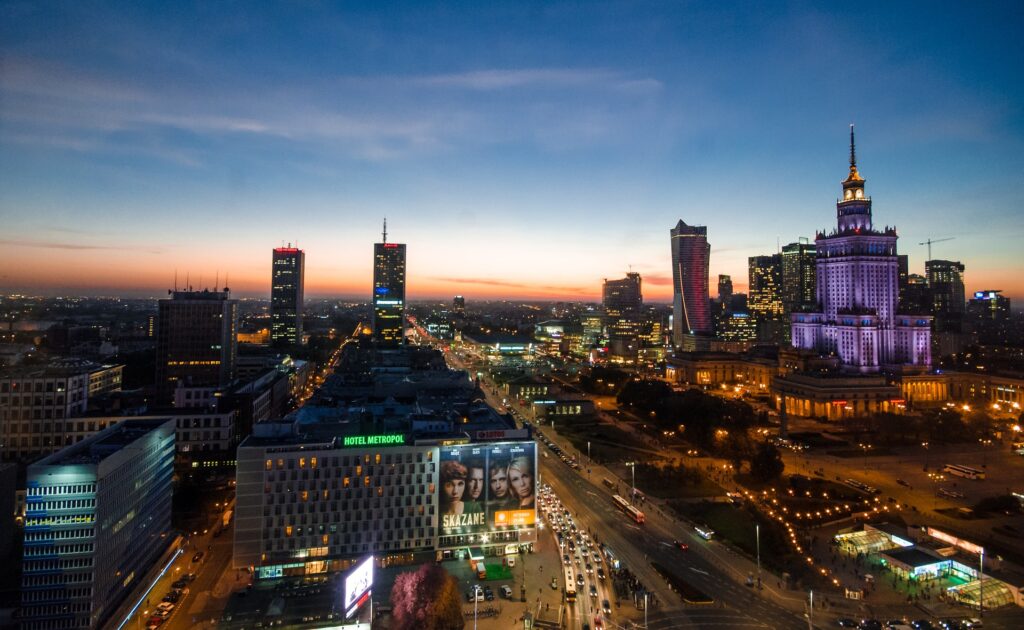

The Polish Prime Minister has joined the global discussion on freedom of speech and digital platform regulations in a social media post, following the recent unrest in the US.
In his social media post, which has been widely commented-upon, the Prime Minister highlights the Polish position on freedom of speech, discussing its historic origins and context. Mr Morawiecki stresses his commitment to better define the operating framework of social media platforms in Poland and the EU, announcing that his cabinet will submit relevant proposals at EU level. It is also reported that the Ministry of Justice has announced a relevant draft law to be introduced shortly. No further details have been publicly shared thus far.
A free translation of the Prime Minister’s social media post into English can be found below.
Access Partnership remains at the forefront of policy and regulatory developments in Poland, Central and Eastern Europe and globally.
“I was born and raised among people for whom freedom was the most precious value. In Poland, we are so attached to freedom because we know what it is like when someone tries to limit it. We lived in a censored country for nearly 50 years; in a country where Big Brother told us how to live, what to think and feel, and we had no rights over what to think, say or write. That is why we view all attempts to limit freedom with such concern. The Internet has always been one of the synonyms of freedom for us. The most democratic medium in history, a forum where anyone can speak freely. A tool that allows every person to really influence reality, to a degree which was unknown even several years ago. The freedom of not regulating the Internet has many positive effects. There are also negative ones: gradually large, transnational corporations, richer and more powerful than many countries, began to dominate it. These corporations began to treat our Internet activity as a source of profit and global domination. A place to be as politically correct as they please. A place to fight those who oppose them. Recently, we are dealing more and more often with practices which, it seemed, had become a thing of the past. Free speech censorship, a domain of totalitarian and authoritarian regimes return today as a new commercial mechanism to combat those who think differently. The discussion is about exchanging views, not gagging others. We do not have to agree with what our opponents write, but we cannot forbid anyone from preaching lawful views. What is not forbidden is allowed. This is the same on the Internet. There is no, and can be no, consent to censorship. Neither state-owned, as it used to be in the People’s Republic of Poland, nor private, such as we seeing trying to be introduced today. Freedom of speech is the salt of democracy – that’s why we have to defend it. Which views are right and which are not cannot be decided for us by algorithms or the owners of corporate giants. Poland will always uphold democratic values, including freedom of speech. The owners of social networks cannot act above the law. Therefore, we will do our best to define the framework for the functioning of Facebook, Twitter, Instagram and other similar platforms. In Poland, we regulate this with the relevant national regulations. We will also propose that similar provisions apply throughout the European Union. Social media must serve us, society, not the interests of their powerful owners. All people have the right to freedom of speech. Poland will defend this right.”